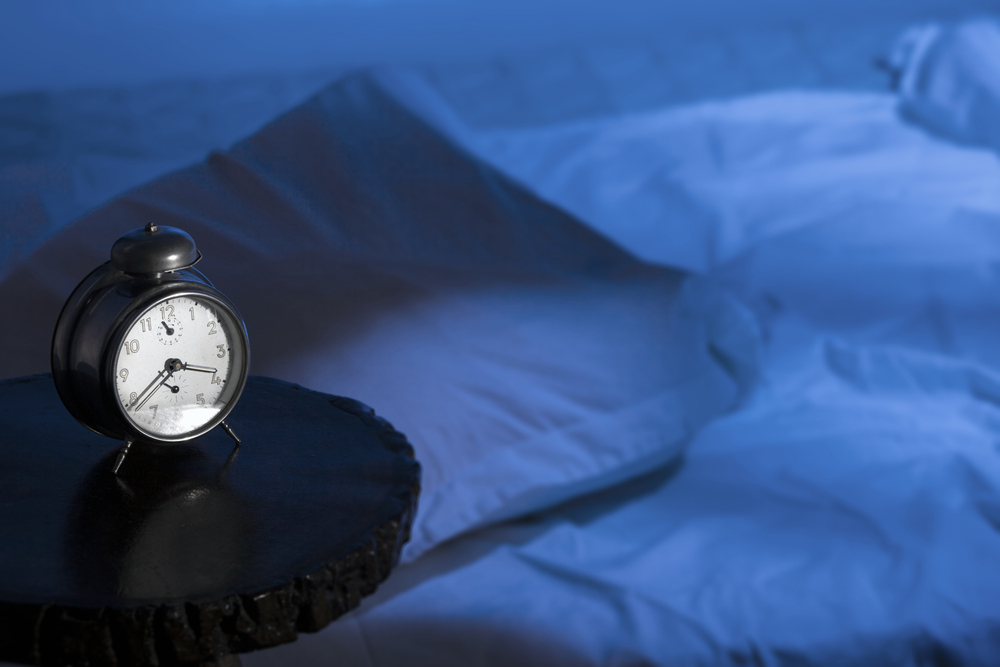Audiologist Joan McKechnie works for UK based Starkey hearing aids vendor HearingDirect.com. Joan is registered with the United Kingdom’s Health Care Professions Council and has years of experience in the hearing aid industry. Today, Joan joins us a guest blogger to discuss the use of earplugs at night.
Many people have trouble sleeping at night. They may be very light sleepers, have partners who snore, noisy neighbors or live near a busy street. Regardless of the reason, though, not getting enough sleep can have a negative effect on the overall mental and physical wellness of the individual. Living in such a noisy world, it is no surprise that people start looking for ways to create a peaceful and relaxing environment so they can sleep properly.
One way to achieve that is using earplugs. Earplugs are a popular solution for blocking or lowering the volume of incoming noise and for protecting the ear from dangerous sound environments such as rock concerts or heavy machinery. However, many people use them during the night to help secure a good night sleep. While earplugs are quite useful, their application should be treated with care as they can cause problems including discomfort and inconvenience, and in rare cases, issues such as inner ear infections, tinnitus and hearing loss.
Earwax compaction and infections
To avoid ear problems, everyone should aim to develop good ear hygiene and have annual checkups with a hearing specialist. The natural way the ear protects itself is through a secretion of a substance called cerumen, better known as earwax. Earwax guards the delicate parts of the ear from dirt, dust and small particles and pushes them back out of the ear canal. An incorrect use of earplugs can block this process and consequently cause earwax compaction.
A build-up of hardened earwax can be uncomfortable and even painful. It will also prevent sound from reaching the eardrum. It is therefore important to insert earplugs carefully and gently. Ensure that earplugs are also kept clean (if they are re-useable) and take note of manufacturers guidelines on earplugs meant for single use only. A combination of moisture, warmth in the ear and dirt collected in the soft foam of the earplug can be a perfect environment for bacteria and fungi growth that can lead to serious ear infections.
Wearing discomfort and pressure build up
If you are planning on using earplugs for the whole night it is important to find the most comfortable pair possible – you may need to try out a few different materials. Some retailers allow the purchase of just one pair as trial units. Lying on one’s side can be uncomfortable if the earplugs are too big or feel too hard. Try not to push the earplugs into the ear canal too deeply or with too much force. If a seal of increased pressure is created behind the earplug it can be quite painful if the earplugs are pulled out roughly.
Other possible dangers
Having a good night’s sleep is important, but keep in mind that if you use earplugs, overtime you may become dependent on them and not be able to sleep soundly without them. Additionally, ensure that alarm signals from emergency devices such as your smoke detector can still be heard through the earplugs.
Earplugs are a solution to reducing noise, but be mindful of potential risks to hearing health.
Have you ever slept with earplugs, how did you find the experience? Join HearingDirect on Facebook or follow them on Twitter for more information.
